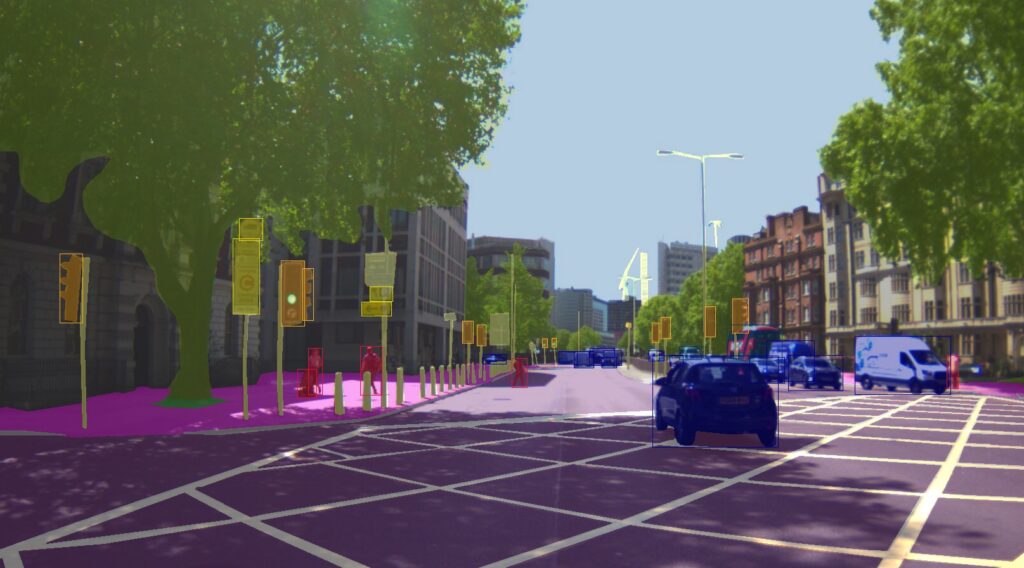London-based Wayve has partnered with Microsoft to access the supercomputing infrastructure it requires to scale its AI models for autonomous vehicles.
Wayve and Microsoft already have a close relationship. Microsoft participated in Wayve’s $200 million Series B investment round and Wayze began using Azure in 2020 after its computing requirements grew beyond its in-house 12-HDD RAID array and the SSD-based cache server that superseded it.
Alex Kendall, CEO of Wayve, said:
“Joining forces with Microsoft to design the supercomputing infrastructure needed to accelerate deep learning for autonomous mobility is an opportunity that we are honoured to lead.
Deep learning systems thrive on data, and we’ve put an immense amount of effort into understanding what it takes to get these systems on the road.
We are excited by the opportunities that this collaboration will create as we push deep learning to new levels of scale.”
While current self-driving systems require expensive hardware, HD mapping, and complex localisation systems, Wayze’s approach claims to be able to apply its driving intelligence to areas where it’s never been used before.
This was demonstrated last year when Wayve deployed its autonomous driving system across five new UK cities. The system was able to safely navigate the cities using the same driving skills it’s been learning in London; without the need for any city-specific adaptations.
Two of the UK’s largest grocery retailers – Asda and Ocado – are set to trial Wayve’s autonomous technology as part of its last-mile delivery operations in London. Logistics giant DPD, meanwhile, will provide additional driving data to Wayze from across its Greater London van fleet.
However, Wayze says its deep learning workloads are now reaching the limit of what commercial cloud and edge computing services can handle—hence the recruitment of Microsoft’s specialist infrastructure services.
Mark Russinovich, CTO of Azure at Microsoft, commented:
“Supercomputing capabilities are key to processing the immense amount of data required for the simulation, validation, and training of AI models that enable safe and secure autonomous driving.
Wayve is combining its expertise in deep learning-based autonomous vehicle systems with Microsoft Azure computing power to bring self-driving transportation experiences to more people and organisations faster.”
Wayve believes its partnership with Microsoft will unlock its full potential to power the future of mobility.
(Image Credit: Wayve)
Want to learn about the IoT from industry leaders? Check out IoT Tech Expo taking place in Amsterdam, California, and London.
Explore other upcoming enterprise technology events and webinars powered by TechForge here.
Tags: ai, artificial intelligence, autonomous vehicles, azure, cloud, deep learning, edge, microsoft, mobility, self-driving cars, wayve







